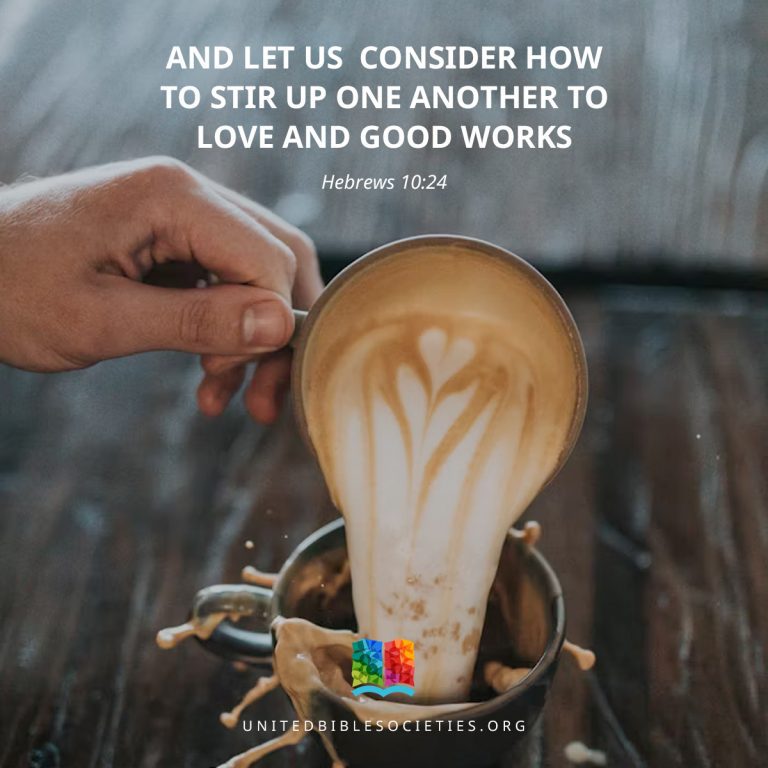Daruri alŋa lela momaŋ gi dhai dha kwiji gwina gwiro Masiiẖi
1 Leleny peth la gusus lina lupinu gi liji ganu ligitinu lan liji gi ŋidi ŋina ŋathildhedha Kaloŋa, duŋwdhedha Kaloŋa dhedhaŋw tur, ŋwudhuge ŋida ŋan ŋidi ŋina ŋike. 2 Ŋwuthi ŋoma ŋwumutha dhugore gi liji lina lidhimithi a lina lidhudho; ŋinena juŋw ko keligeny ganu gi mule nono. 3 A gi dhuŋun ibidha dhadhi mule nono aram gwadhedha Kaloŋa ŋida ŋan ŋidi ŋina ŋike ŋa liji a minoŋ ko ŋan gwidom gwuŋun. 4 Kwiji gweda gwati gwuthi ŋoma dapai nuŋw ibigwa kwidom gwai gwuŋun no, abi gwina gwurnio Kalo, gwiro ŋinena urniuŋwna H̱aruunuŋw ko. 5 A minoŋ ko al Masiiẖ gwati gwimajidho gwidom gwuŋun gwiren duŋwuro kweleny gwa gusus no; abi gwina gwaicinu, Ŋa gwiro Ŋari ŋiny, nyi gwimaŋa liŋa ŋinenaŋina. 6 Gwiro ŋinena aruŋwna kalo giter ko, Ŋa gwaro gasiis gwortal, gi ruṯba gwa Malkiis̱aadag. 7 Gwina gwijo gi ŋwamun ŋwa aŋinu yuŋun, dina abiŋaijuŋw Kaloŋa gwulo gwai gwuleny a ŋwal ŋwai ŋwothaije Kaloŋa galo gina guthi ŋoma duŋw gilaŋiye gi ai, a ŋeda deŋinaijo ŋinena uthuŋw ŋidhenyo ŋuŋun; 8 ŋinena ruŋw Ŋari, ŋwalimiye uthejuŋw kuni gi dhuŋun dhina dhumeyo ŋiya; 9 a gwimaro didima, ŋwuro kweleny gwa gilaŋ gwina gwathije gwortal di ŋediŋa peth lina lathuthejo ŋeduŋw nyuni; 10 gwina gwidhedhinu jiriny di Kalo jan kweleny gwa gusus gi ruṯba gwa Malkiis̱aadag.
11 Gi dhuŋun dha dhuŋun ibidha anaŋa luthi dhuŋuna dhoinyadho dhanadhai abiŋi, a dhibur dhajaŋajo dhuŋuna ibidha, ŋinena uthanya eluŋw micimicol didiŋini. 12 Titiganu gwiŋiranu danyaro liji lina lathalimiye lijo, ŋinena diŋinanya kaija gina golaŋ ganu, abi nyaŋa libupo daji kwiji gweta alimiye manaŋ dhuŋuna dhina dhiro kwerkwereny dhina dhidhi di Kalo; a nyaŋa limaro lina libupo ŋan, a nyaŋa lati libupo kia gina gibur no. 13 Gwati gweda gwina gwathiye ŋan gwiliŋidhi dhuŋuna momaŋ gi dhuŋun dha dhuŋun dhina dhiŋir no, ŋinena ruŋw lugur. 14 Abi kia gina gibur gan ŋediŋa lina limaro lipilipa, lina limuthi ŋadigirenya ŋina ŋaliminu dilliŋa dhuŋuna gi dhuŋun dhina dhiŋir a dhina dhike.
1 Every high priest is chosen from his fellow-men and appointed to serve God on their behalf, to offer sacrifices and offerings for sins. 2 Since he himself is weak in many ways, he is able to be gentle with those who are ignorant and make mistakes. 3 And because he is himself weak, he must offer sacrifices not only for the sins of the people but also for his own sins. 4 No one chooses for himself the honor of being a high priest. It is only by God's call that a man is made a high priest—just as Aaron was.
5 In the same way, Christ did not take upon himself the honor of being a high priest. Instead, God said to him,
“You are my Son;
today I have become your Father.”
6 He also said in another place,
“You will be a priest forever,
in the priestly order of Melchizedek.”
7 In his life on earth Jesus made his prayers and requests with loud cries and tears to God, who could save him from death. Because he was humble and devoted, God heard him. 8 But even though he was God's Son, he learned through his sufferings to be obedient. 9 When he was made perfect, he became the source of eternal salvation for all those who obey him, 10 and God declared him to be high priest, in the priestly order of Melchizedek.
Warning against Abandoning the Faith
11 There is much we have to say about this matter, but it is hard to explain to you, because you are so slow to understand. 12 There has been enough time for you to be teachers—yet you still need someone to teach you the first lessons of God's message. Instead of eating solid food, you still have to drink milk. 13 Anyone who has to drink milk is still a child, without any experience in the matter of right and wrong. 14 Solid food, on the other hand, is for adults, who through practice are able to distinguish between good and evil.

